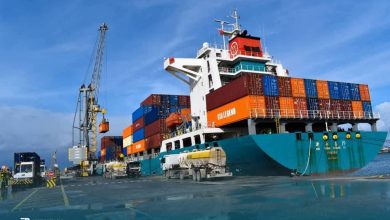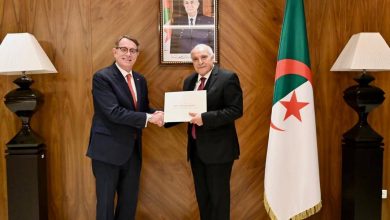Algeria is strategically prioritizing clean hydrogen as a cornerstone of its energy transition. Minister of State, Minister of Hydrocarbons and Mines, Mohamed Arkab, affirmed Algeria’s commitment during an international session held on the sidelines of the 21st General Conference of the United Nations Industrial Development Organization (UNIDO) in Riyadh.
Arkab highlighted Algeria’s exceptional competitive advantage in hydrogen production, owing to its vast solar resources. This allows the nation to competitively produce renewable hydrogen on a large scale. He emphasized that Algeria possesses a natural capacity to become a major player in the global hydrogen market.
The session, titled “Unlocking the Potential of Clean Hydrogen through Investment and Innovation,” saw the participation of high-level officials, including Algeria’s Ambassador to Austria and Permanent Representative to UNIDO, Larbi Latroche, and Algeria’s Ambassador to Saudi Arabia, Cherif Oualid. Also in attendance was the Head of the National Agency for Mining Activities, Mourad Hanifi, and Parliamentary State Secretary to the German Federal Ministry for Economic Cooperation and Development, Jochen Flasbarth, along with representatives from various countries and international organizations.
Arkab acknowledged the sensitive international context marked by rapid shifts in the global energy landscape. He commended UNIDO and the Global Environment Facility for organizing the session and for selecting Algeria as a partner in this ambitious initiative aimed at developing clean hydrogen as a key future energy solution.
The Minister reiterated Algeria’s commitment to working collaboratively with partner countries and international institutions to accelerate the global energy transition and strengthen the role of clean hydrogen as a fundamental pillar for sustainable and resilient industrial development.
Arkab recalled that Algeria adopted its National Hydrogen Strategy in 2023, accompanied by a practical roadmap based on gradual stages. This includes developing the regulatory framework, launching pilot projects, gradually expanding production, and developing an integrated industry across the entire value chain.




